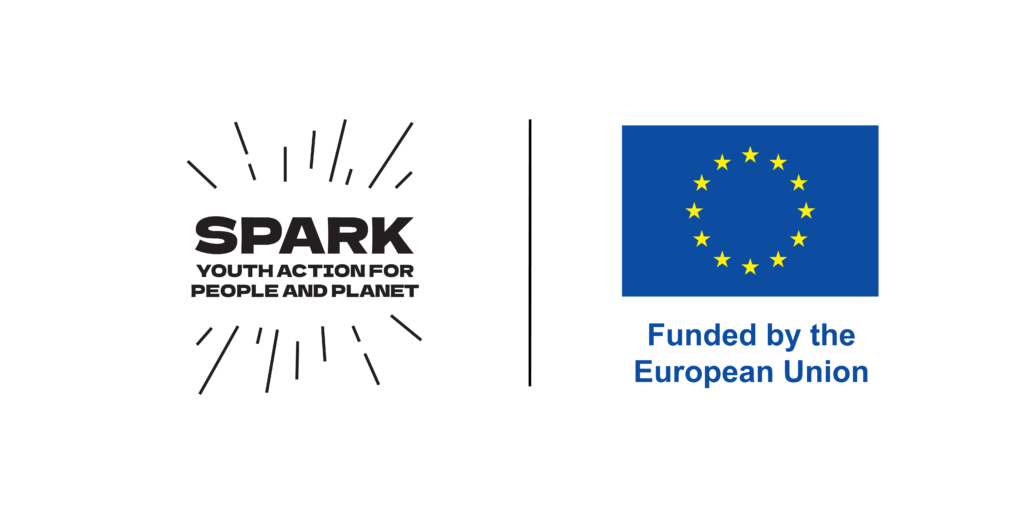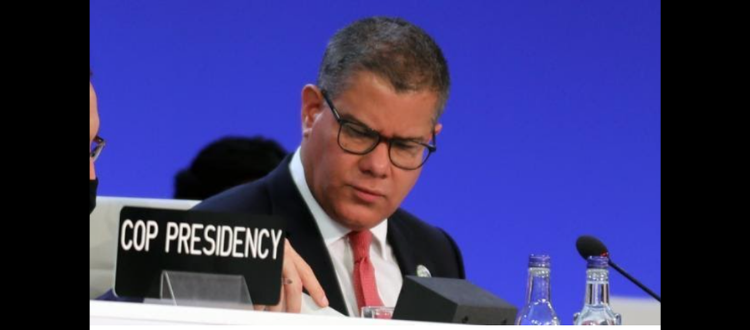COP26: THE REMAINING OPEN ISSUES
To remind us once again of the importance of this COP26, the Presidency is doing its utmost to accelerate the progress of negotiations – still stuck on many points with only one day to go (but an additional working day cannot be excluded). President Alok Sharma has in fact convened a Stocktaking Plenary for two days in a row, Wednesday 10 and Thursday 11 November.
Despite difficulties in reaching a consensus on many crucial issues, the President reiterated his intention to close the conference on Friday (he added, jokingly, “this Friday”), probably to put pressure on negotiators to reach a compromise. Draft texts that came out between the night of November 10 and November 11 showed some progress, but a unanimous decision on the well-known contentious issues is still lacking:
- Article 6. Decisions on adaptation funding and the transfer of pre-2020 emission units remain pending.
- Common timelines for NDCs (Nationally Determined Contributions). Some progress appears to have been made on this issue, with the 9 options on the table reduced to 2.
- Transparency. As far as the Enhanced Transparency Framework (ETF) is concerned, it seems there is still no consensus, other than the importance of finalizing it. The problem will therefore be to establish which characteristics the ETF should have.
- Adaptation. The Parties agree to initiate a two-year program on the Global Goal on Adaptation, with inputs from the experiences of indigenous peoples and local populations and a focus on human rights and gender equality. However, due to the slow pace of negotiations, delegates have not yet been able to revise the entire text.
- Loss and damage. Efforts are concentrated on three points: the inclusion of loss and damage in the Enhanced Transparency Framework, with a separate category in the reporting tables; the inclusion of loss and damage in the new post-2050 target; the approval of a mechanism that guarantees action proportionate to the extent of the problem.
- Mitigation to keep the +1.5°C scenario alive. This is probably where the most progress has been made.
For the first time, Parties seem to agree on the need to be guided by the latest scientific reports and recognize that the impacts of climate change will be quite different in a +1.5°C scenario than in a +2°C scenario.
Even more significant, in this sense, the reference to the phase out of fossil fuels appeared in the last draft decision of COP26, the text that includes the global conclusions of the conference. An exceptional event considering that the term “fossil fuels” has never been included before. - Finance: The big a missing element in the draft decision is the issue of climate finance. Still no agreement seems to exist on the familiar issues of long-term finance and the new post-2025 target. Sharma himself, the President-designate of COP26, has urged Parties to negotiate in a spirit of compromise, alarmed at the lack of progress made so shortly before the close of the conference. CAN International (of which ICN is a member) also expressed frustration at this absence. Similar statements were made in plenary by the G77 Group and China, and the Women and Gender Constituency.
Given the urgency of concluding the work, the COP President has scheduled meetings with ministers between Thursday afternoon and evening to get their feedback on the latest progress. The goal is to try to reach a consensus on finance tomorrow, Friday 12, and release new draft texts tonight on the conclusion of COP26, on Article 6, and on Transparency and Mitigation.
Sharma reminded that “the eyes of the whole world are on Glasgow” and that “the decisions we make here will decide the future of our children and grandchildren,” and again urged everyone to “roll up our sleeves and get to work.”
by Teresa Giuffré, Italian Climate Network Volunteer at COP26
You are reading this ICN COP Bulletin article as part of the EC DEAR SPARK project. Marirosa Iannelli, Coordinator of the Climate & Advocacy Department of ICN, overviews this activity. ICN monitors negotiations and reports what is happening in Italian and English, on our website and on social channels, as part of a pan-European consortium of over 20 non-profit organizations committed to promoting climate awareness with particular attention to the role of young people and issues related to international cooperation and gender policies.


